indoctrination, reputation, and evolution
how the rise of the reputation economy will destroy the university system as we know it
when i was a child my parents had a friend who had been a colonel in the army. he made an interesting claim:
give me a 25 year old, and i can turn him into a good soldier.
give me a 17 year old, and i can make him like it.
i wonder about the extent to which this adage reflects public schooling in the US.
it’s an old saw that “the smart, educated people become liberals because progressivism is somehow the “better” or “more intellectual” or “higher” position on the political spectrum.”
the leftward shift among the more and most educated and especially among the faculties at schools and universities is often trotted out as evidence to this end.
but what if the causality flows the other way?
what if this “blueshift” among the most credentialed who spend the most time in school is not illumination but indoctrination and capture?
what if they are just being inducted to this worldview from long years in institutions designed for just that purpose and then locked into durable allegiance by the elevation of “credentialed classes” into preferential guild-like structures around things like law, science, medicine, and academia where one must be granted and maintain some sort of accreditation to participate?
because there sure seems to be a lot of that going around.
even back when i was a wee gatito, school was invariably and implacably pro government and government intervention. the revolutionary war was taught as “a rebellion against england to institute a new government that became the prime mover in protecting us and remains so to this day.” we pledged allegiance to it every morning and the word “indivisible” in the pledge stood testimony to the slant in the teachings and the impossibility of going one’s own way.
not exactly “consent of the governed” was it?
the civil war, we were assured, was about nothing but slavery. issues like state’s rights, secession, free association, preferential internal mercantilism, and large scale tax and spend infrastructure projects were not mentioned. the same idea of “no taxation without representation” was not applied to tyranny of the majority and north vs south or industrialized vs agrarian.
the new deal cured the depression. the great society helped black americans. the alien and sedition laws were needful to put down dangerous radicals. the league of nations were the good guys and and the UN an agent of peace and order. the government was needful for roads and schools and commerce and deciding what was safe and who could be a doctor or a lawyer or what drugs we could take. they were always the white hat and the key actor. the blue eagle of the NRA provided order and rationing and price fixing were patriotic. so was the draft.
you should trust the “certified professionals” and scientists and teachers who framed the world for you because they were “the experts” and they knew things and were looking out for you.
it just went on and on: relentless, embedded, and ubiquitous. outside of passing reference to locke etc, libertarian ideas were sidestepped and ignored.
government was the solution, not the problem.
and many of the framers and founders’ more genuine and insightful takes on the matter were oddly absent from the curriculum.
i have spoken before about the importation of prussian notions that school was meant not to “educate” and generate free thinking but rather to mold model citizens loyal and subordinate to the state and its ends.
well, why then would one suspect that those who get the most exposure to such a system do not wind up most affected by such intent and why would they not become most prone to “believing their own press clippings” about how elite they are and how their credentials and degrees render them better suited to lead and even dictate to the benighted “rest of society?”
the minds of the young are not like the minds of the adult. they are missing parts and far more prone to intense irrational loyalty that lacks the basic self-awareness and self-governance that comes later. the human mind is not really fully finished until into one’s 20’s. before that they are more malleable, more easily programmed. how tantalizing then that this is just the age that “school” seems to have evolved to finally let them go. one might well wonder what it evolved to optimize…
but what happens when these systems of indoctrination become utterly corrupt?
and what happens when the fact of this really starts to leak out?
gatopal™ igor has a great one here. and it’s a wonderful exemplar because huge swathes of the “social sciences” are like this and many of the “hard sciences” are not much better…
you seriously cannot make this stuff up. as many saw all covid, “ethics” as a field has mostly become an amoral justification engine to proselytize and lionize regime diktat. otherwise, there’s no money in it. most of the people who went into this field did not do so to “seek truth.” they did it to seek power. and so they start from their conclusions and lie their way to proving them sure that it’s “for your own good” and that these are “noble lies.”
Gino is on administrative leave from Harvard amid allegations that research she co-authored contains fabricated data, as The Chronicle reported last Friday. The next day, a trio of academics wrote on their blog that they’d found “evidence of fraud” in four of her papers, which they said Harvard was seeking to have retracted. But “we believe that many more Gino-authored papers contain fake data,” they added, without specifying. “Perhaps dozens.”
This “dishonesty researcher” could not resist the temptation to be dishonest in her studies. She was eventually caught.
“Two different people independently faked data for two different studies in a paper about dishonesty,” wrote the trio of academics known collectively as Data Colada: Joseph Simmons of the University of Pennsylvania; Uri Simonsohn of the Esade Business School, in Spain; and Leif Nelson of the University of California at Berkeley.
it’s an open secret in social sciences that basically nothing replicates. the studies are junk and often made up entirely using fake data and manipulative methodology. anyone who tries to do the same study again gets different results. yet this fakery remains foundational canon in many fields.
this was not new to covid. it was just newly visible because so many had access to so much information and the war of the truly capable against “the experts” of government and acadameia was grossly unfair.
these wizards of woo woo ran into a buzz saw of people who had real domain expertise outside the walled gardens of academic endeavor and the pattycake peer review of friendly guild systems. they came from a world where one has to actually be right for a living, not just “socialized and credentialed.”
the “experts” ran headlong into the reputation economy and it turned them into mulch.
and it’s going to keep coming.
and it needs to keep coming.
because this shenanigan shillery of self-serving science subversion has been going on for generations and it has metastasized into a sort of totalitarian technocracy of scientific and data adulteration whose false tenets are being used to hijack our lives and civilizations.
and these people inhabit hallucinations.
from climate to energy to health to economics and social policy the credentialed classes seem determined to shift from that which worked to that which suits their narrative and they will lie and silence any who dispute them to do so because the stakes for them are existential. and generating new cadres of useful idiots weaned on data and experiential denial but convinced that they are “the side of science” and the side of sense generates and aggregates the heft behind the movement.
and it’s about to die.
the university as we know it is about to die.
and that’s going to be a wonderful thing.
many of my friends and colleagues are highly educated and went to the top schools.
and it’s a funny thing, but i hear nearly all of them fretting about the same thing:
where the hell can i send my kids to college? these places have become toxic. these places have become intolerable. can i seriously send my kids into these crucibles of clownworld and oppressive indoctrination to cults of reality denial, self-hate, and aggrievement grubbing mistaken for ethics?
because i really do not feel good about sending them to the places we all went.
and they have a point.
the schools have tipped over into something far more egregious and overt than they once were. but the past was not all it was cracked up to be either, we’re just more awake to it now. these places were always ideology factories. many were founded to quite literally train a priesthood.
it’s just that back then, they had reputation and a lot of that comes down to there having been no other choice.
information was scarce. access to books, data, science, and learned teachers was hard to come by and cloistered in a few ivory towers. the public got none, saw none, and could not even aspire to getting a peek. it was a black box that jealously guarded its resources, reputation, and participation rights. universities and academics might argue with one another, but there was no vox poluli that was allowed to speak against them. they had the information, no one else did, so shut up and listen to the august experts of sheepskindom. (the “you filthy illiterate peasants” was implied and need not be spoken aloud)
universities and university systems hung together because this pvivileged class had FAR more invested in keeping this system intact and functioning than it did in knocking it down or pruning back its power or prestige over trifling matters like truth, honesty, or accuracy.
and there was really no choice. the benefits of this education and its reputational effects on later life were so great that going still swamped any harm from being exposed to years of brainwashing.
the much vaunted “sheepskin effect” whereby one needs a degree (and not really the knowledge it might come with) to access opportunity has been the lure and the law. the value of these “top institutions” lay mostly in getting in then getting credentialed. they were a screening tool to start your reputation.
but that has changed.
note what the parents of prospective students are NOT saying:
they are not saying “this is the only or even the best place to learn what you need to know.”
they are viewing the schools as reputation factories because that’s mostly what they are. you could get this knowledge lots of places, it’s the validation of getting through the selection process for admission and graduation that carries all the weight.
but consider how this weakens with admission policies based on “diversity” and “equity” rather than “merit.” what does that do to the value of the imprimatur of “getting in?”
the need and value of credentials is attenuating and the confluence of AI and open access and standards debasement is going to make this decline into an exponential.
that which was rarified will be commonplace and that which was “validation” will start to look like proof of unfitness and induction into counterproductive cultures.
access is now everywhere. everyone can utilize treasure troves of data and writings and publication and discourse that would have made any university even 20 years ago green with envy and alizarin with avarice.
and it’s getting put to use.
and so is the access to people and thought leaders. i met more top academic and industry scientists during covid than pretty much anyone gets to meet in school and we had long one on one conversations, worked on projects together, argued, made theories, tested them, shared data and methods and encouragement.
and we all learned from one another.
and so access to education and publication and reputation generation gets democratized.
this is the new ubiquitous always on university and it ran rings around the ivy encrusted dinosaurs seeking to keep claim to "intellectualism and research.”
and it does not run on tenure, sinecure, or bestowed title.
it runs on reputation.
(and it crops up in the funniest places…)
it’s tearing ivory towers down because this newly informed and enfranchised class does not care about “keeping the system as it is” and are happy to bulldoze the castles of the would be feudal lords of academia because they have come to realize that this group is not here to protect us from invasion.
it IS the invasion.
and this invasion is dishonest.
and it is weak.
it has succeeded because it retained sufficient reputation to gaslight society into being too frightened, too alienated, and too intimidated to challenge it. but it was all woo-woo, a kung fu theater of phony facility. it’s all flash, no substance; it’s all hat, no cowboy.
the true power of woo-woo lies in making you too afraid to challenge it.
and a lot more of the world works like this than you think.
because woo-woo is absolutely fricking everywhere and stacked like turtles, woo upon woo upon woo.
(but not for much longer…)
i do not think the university system can, without massive revision and renovation, hope to survive the shift to the reputation economy. it’s too venal, too corrupt, too bereft of the basic checks imposed by a real market of ideas and adversarial engagement, and too hooked on federal money and grant grubbing to fund fiefdoms of fakery and bought and paid for conclusions rooted in ideology and not inquiry.
so long as universities continue to play the role of paid for pipers playing the tune demanded by the gold givers, they will continue to be reduced in relevance and reputation because they’re going to keep being wrong and their “science” is going to get pulled apart and eaten like offal by the lions and hyaena of the real open savannah that now dwarfs their petty and insular villages.
they have become corrupt, delusional backwaters and the real game has moved out into the open.
i wrote this in the piece linked above and i stand by it:
the cathedral cannot compete with the bazaar and the bazaar is now well and truly open.
the level of access and education available to any who seek it and engage with it is almost impossible to overstate and is certainly impossible to compete with. it just takes desire, diligence, and application. 3 years of arguing economics in earnest on twitter probably has more value than most econ degrees.
and the cream will find ways to rise.
this genie is not going back into the bottle and the more they fight to suppress it, the more credible it will become.
we’ve reached the tipping point where their very act of trying to shout down the regimes of open inquiry that challenge the elderly edifice of “tenure” grants authority to the intellectual insurgents while eroding that of those they seek to supplant.
every assault on the emerging reputation economy only serves to make it stronger, more pervasive, and more inevitable.
that which is closed and cosseted cannot compete with that which is open and tried by fire in the open agora. no design however intelligent can compete with the evolution of ideas.
they have already lost and are just pouring gasoline upon the fires of self-immolation that will scour them from our lives.
i know the final rattles here look intense and intimidating, but this is already over.
they just don’t know it yet.
the reputation economy is arriving.
and the memes and the messages and the science and the civilization that spring from them will be set free.
and this is going to be fun.
many will seek to contest this, to defend the hallowed halls and their imperious prerogatives, but you cannot fight reputation with censorship and selection.
you just make a fool of yourself when you try.
open discourse is the only way.
and that’s just our game…




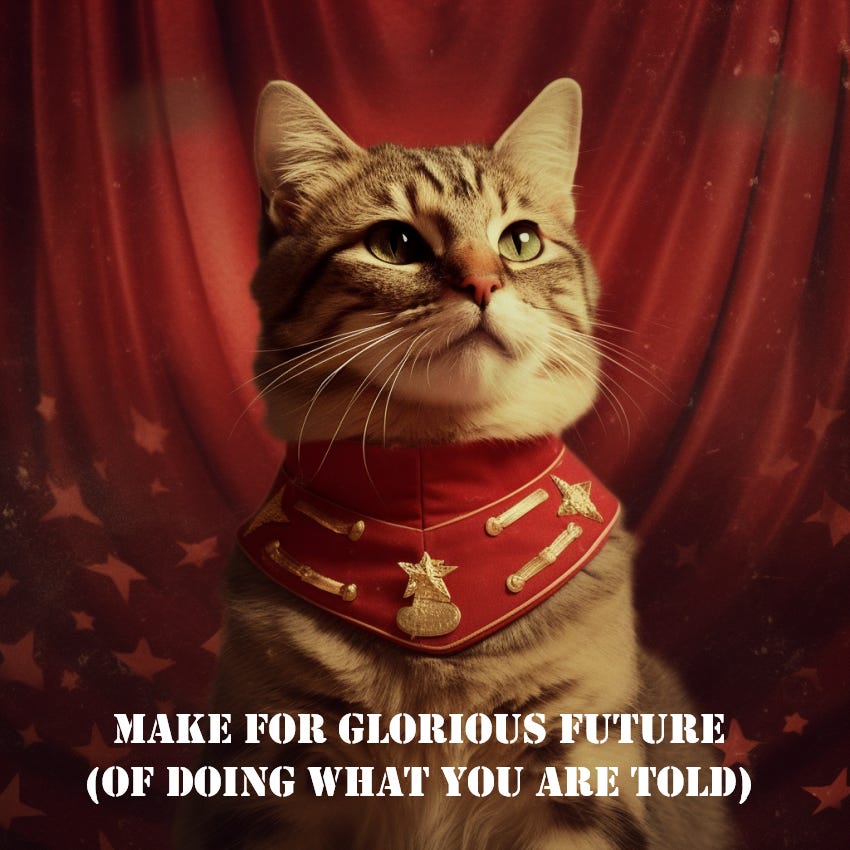

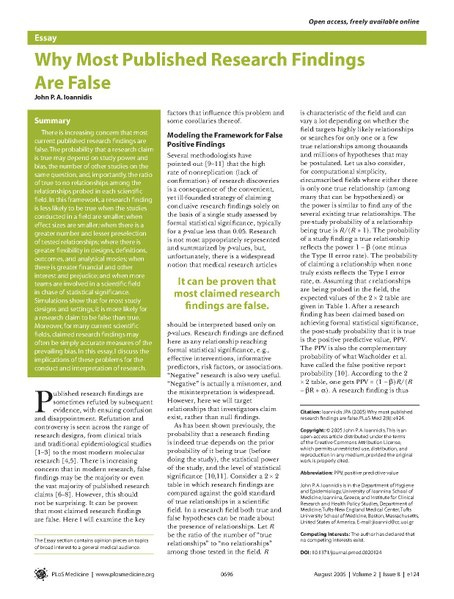

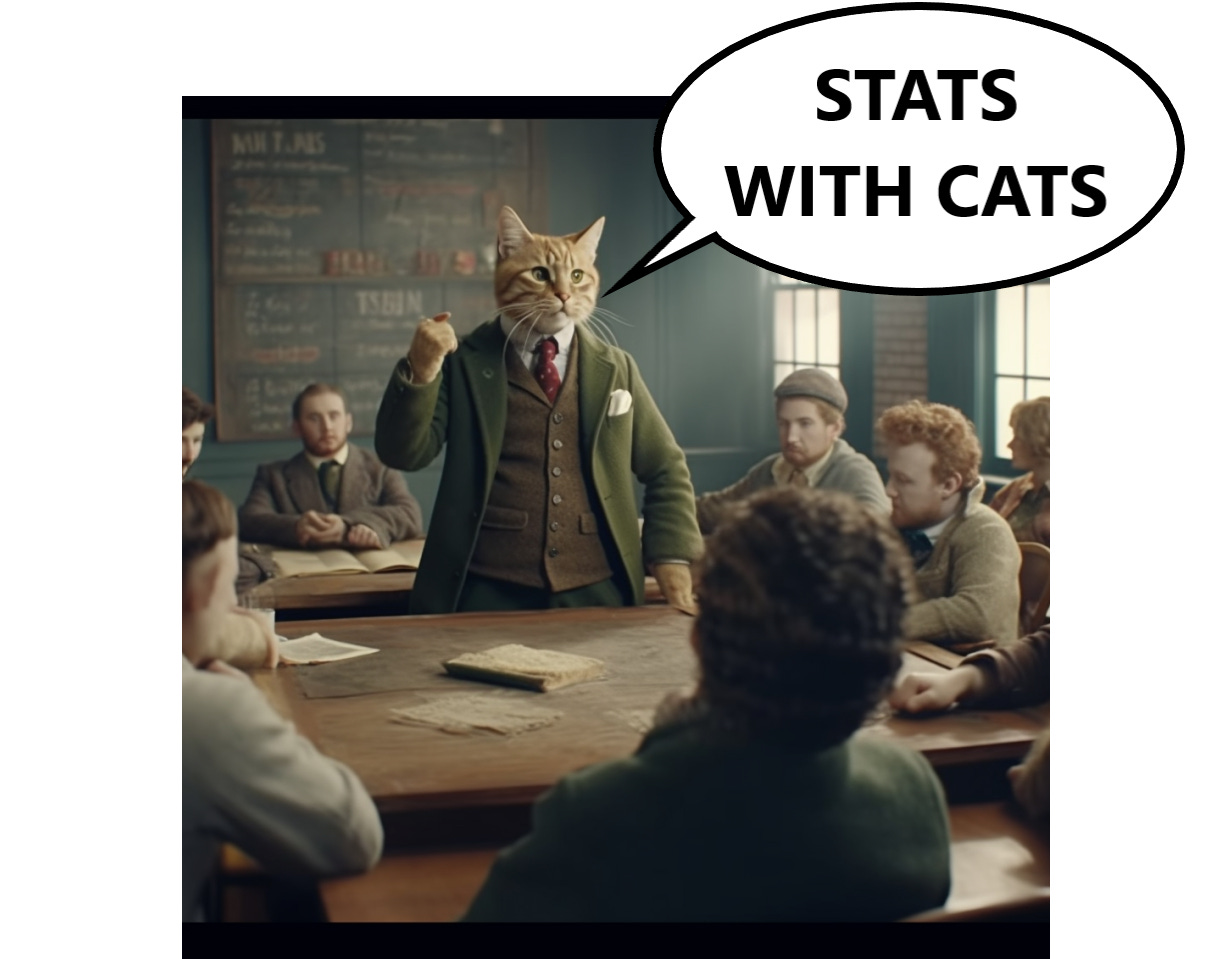

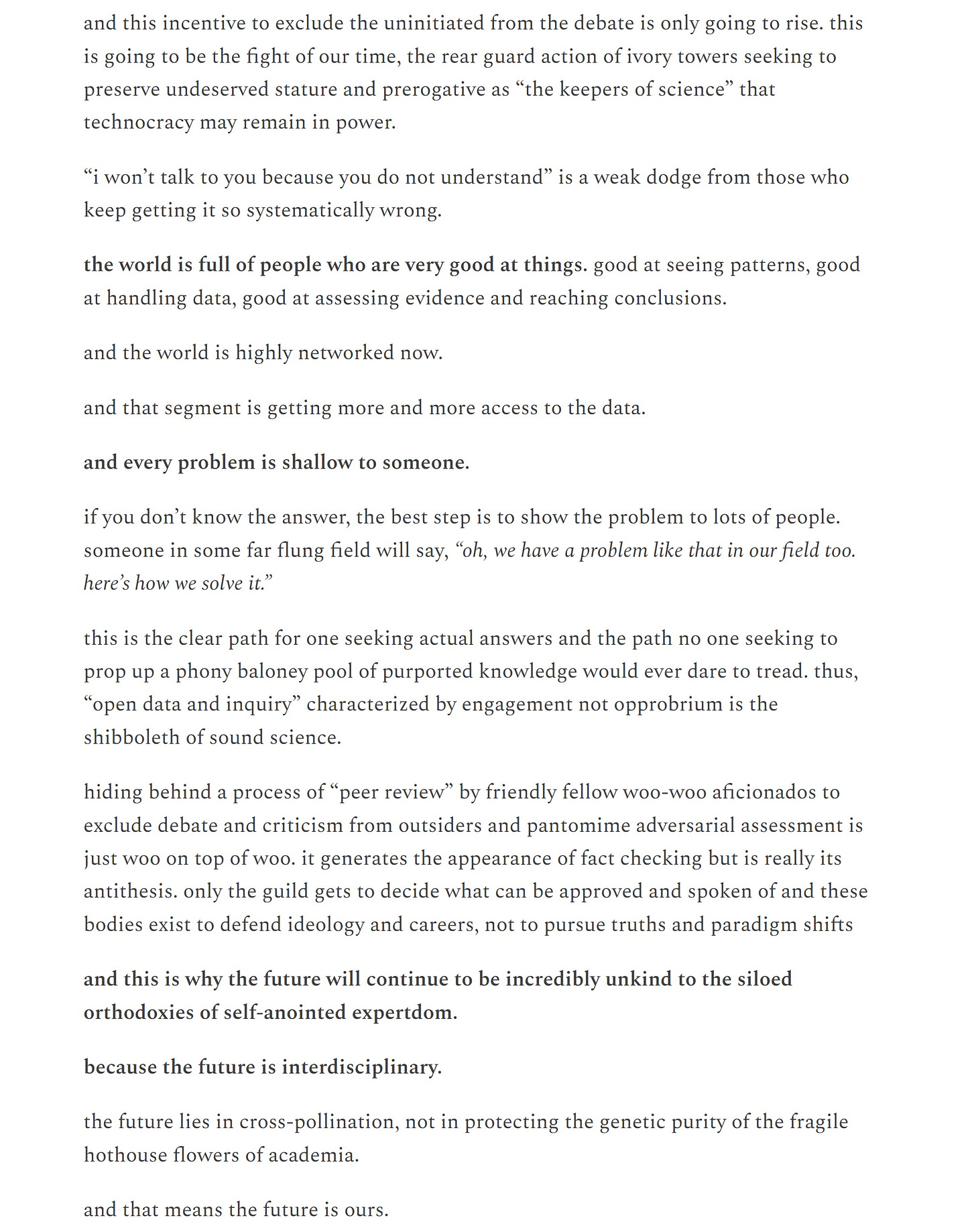
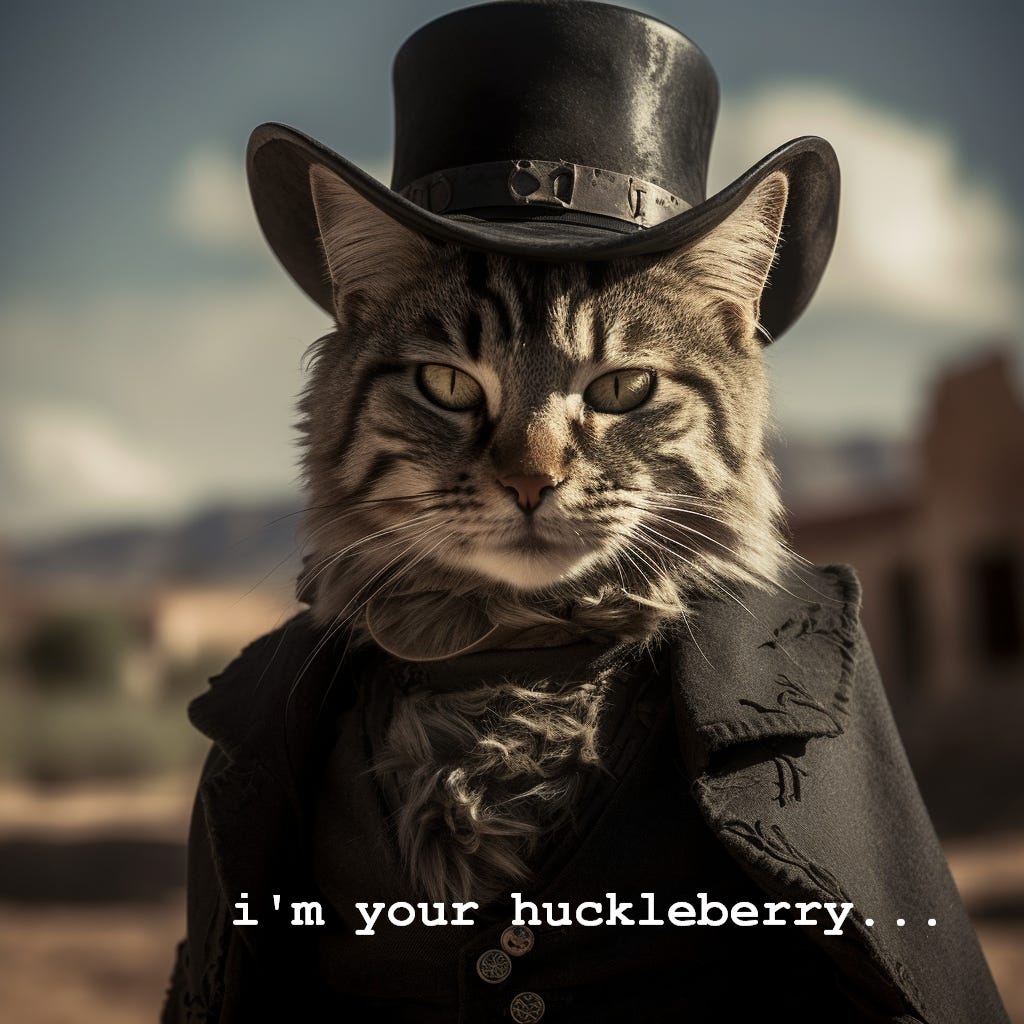
True story: Thirty-something odd years ago I was asked as an undergraduate to meet with the Board of Trustees at a prestigious research university, the name of which rhymes with Wans Blopkins. I had no idea why I was sitting at a ginormous conference table with the people who controlled the largest non-governmental employer in the state of Maryland.
Turns out that the very old, very rich, white dudes wanted to inquire about the state of ethics on the undergraduate campus and for some odd reason I was chosen.
At that time, I had already developed a near autistic capability for speaking my mind without any consideration for the consequences, so I responded with “What ethics?”
What I had seen from other undergrad was a dog-eat-dog environment that was built around shifting the Bell Curve in order to leverage their own relative performance for advantage in med school applications. People would steal textbooks from high performers, outright cheat, and otherwise seek to game the system. For non-personal ethics, the biomedical engineering department had dedicated classes, but as we all know and have seen recently, the purpose of bioethics is to find novel ways to justify moral atrocities. These were no different.
There were more examples, but the Board seemed uninterested and moved on. I suppose they felt that they needed to go through the motions for some unstated purpose.
I mention this because as the years have passed, the situation has certainly not improved and it is now reflected in society-altering events and policies. The premier medical school in the country did not even attempt to develop therapeutics for COVID. It actively promotes gender transitioning for minors. The school of public health has been behind some of the most oppressive social policies of the past two decades. Everything is about feathering ones own nest at the expense of the taxpayer, consequences be damned.
Brilliance... I for one welcome the collapse of the indoctrination engine.
I can't remember where I read it (should have bookmarked it) but some major tech company was low-key not hiring graduates from Ivy league universities because the quality of the education was too low. Instead of a Stanford degree being a marker of exceptionalism, it's become a marker of indoctrination, incompetence and sub-par education because grades are racist and tests are from the patriarchy.
Eventually the free market will sort this out, I believe, even if it takes longer than any of us want.